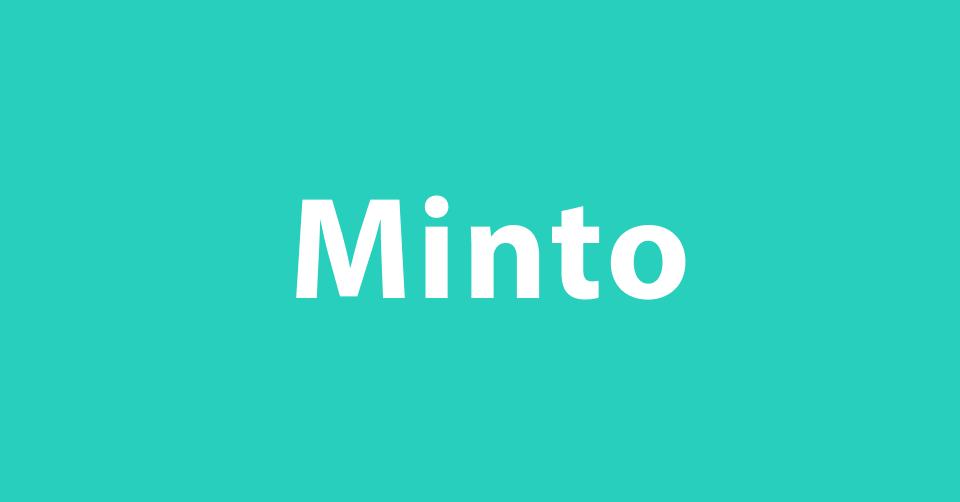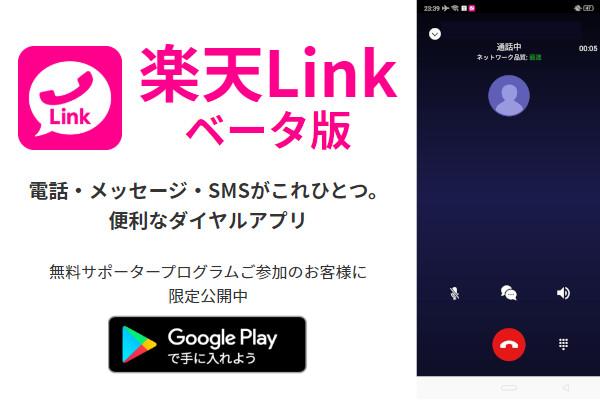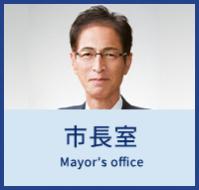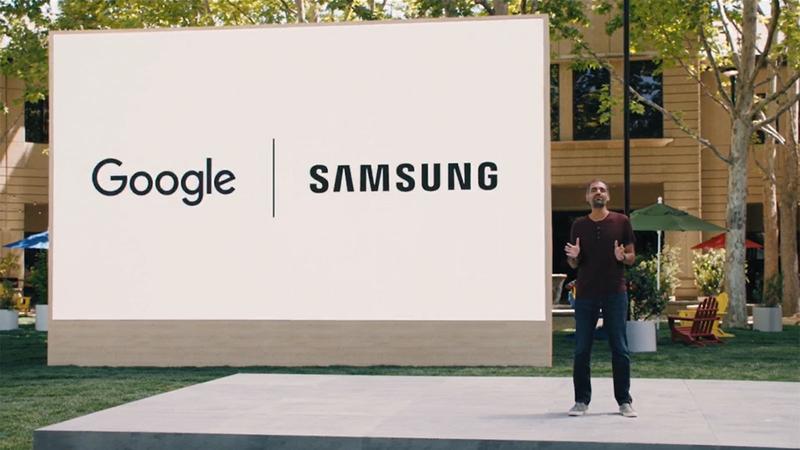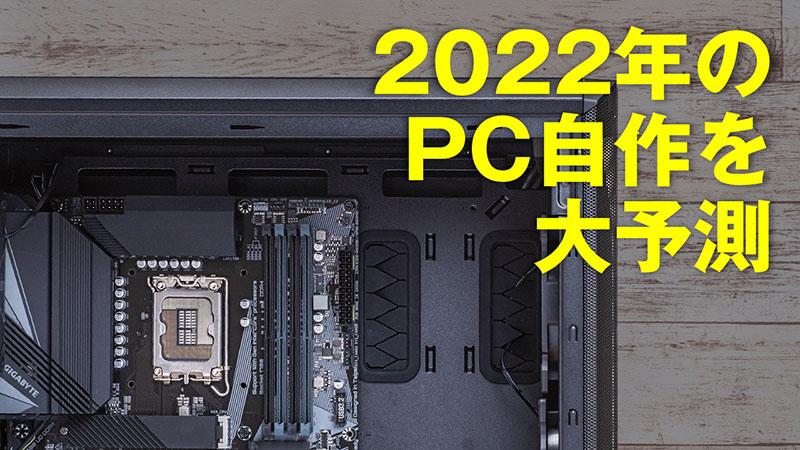Engadget Logo Engadget Japanese version Who won in the end in the mobile charge reduction battle that broke out in 2021 (Masahiro Sano)
The year 2021 is about to end, but in the past year, the most attention in the mobile phone industry has been the policy of Yoshihide Suga, who was Prime Minister until September. Isn't it a trend related to price reduction? Therefore, I would like to look back on the competitive measures of each company over mobile phone charges in 2021.
At the beginning of 2021, there was no doubt that mobile companies' online-only plans were attracting a lot of attention. At the end of 2020, NTT DoCoMo made a big impact by announcing ``ahamo,'' a monthly fee of 2,980 yen (at that time) excluding tax, which allows you to use 20GB of data communication and a flat rate of voice calls for 5 minutes. In 2021, other companies have launched plans to compete with ahamo one after another.
KDDI announced "povo" that can apply options as needed, and Softbank announced "LINEMO" in collaboration with LINE, which later became a subsidiary. While all of them are strongly conscious of ahamo, such as being able to use 20GB of communication volume, we realized a price of less than 3000 yen per month including tax with a flat rate for voice calls for 5 minutes, which was said to be low demand. In response to this, ahamo lowered the monthly fee to 2,980 yen before the service started, and I remember that there was a fierce battle.
However, the light and dark of the companies surrounding the online-only plan appeared relatively early. Ahamo is doing well, with more than 1 million contracts as of the end of April and more than 2 million contracts in November, but povo is half that, about 1 million contracts, as of the end of October. As for LINEMO, the number of subscribers is said to be less than 500,000 as of August, and the number of individual subscribers has not been announced since then.
However, even for ahamo, which is said to be doing well, it seems that growth has slowed considerably after exceeding 1 million contracts. Considering the fever when ahamo was announced, it seems strange that the number of contracts did not increase so much, but the reason is the characteristics of the online-only plan.
Ahamo was originally targeted at the younger generation, so it has become a big buzz on SNS, which is often used by the younger generation, and has come to attract attention. However, other than that, especially from the point of view of the elderly who are not familiar with smartphones, there is almost no support at stores and the threshold is high, so they are weak, and the fact that it did not spread to a wide range of people is the reason why it did not lead to growth. thinks.
That's why KDDI and Softbank will stop following Ahamo from the middle of 2021. In fact, KDDI has changed to a mechanism that tops the required communication volume with "povo 2.0" at 0 yen per month, and has changed the course to a plan to compete with Rakuten Mobile, which will be described later. In addition, SoftBank has added a "mini plan" to LINEMO with a communication volume of 3GB and a monthly charge of 990 yen, and is focusing on attracting users of "LINE MOBILE", which was developed as an MVNO.
Then what did the two companies focus on? The sub-brands "UQ mobile" and "Ymobile". In fact, Softbank's acquisition of Y!mobile seems to be doing quite well, and they are showing a stance of emphasizing sub-brands, declaring that Y!mobile will be the mainstay of low-priced services.
KDDI made me feel that they are putting more effort into their sub-brands. In the first half of 2021, I had the impression that most of the company's TV commercials were focused on appealing to UQ mobile, and I was surprised by the amount of effort put into it that made me wonder where even au, let alone povo, went.
Another way to show how much effort has been put into UQ mobile is the "Electricity Set Discount," which started service in June. If you subscribe to a designated electricity service, you can not only achieve a price of less than 1,000 yen per month with the cheapest plan, but also receive a reputation for being able to apply discounts to singles who have been placed outside the mosquito net of such discount services in the past. , and in September, we will evolve and strengthen the "home set discount" that expands the target to fixed broadband.
On the other hand, although NTT Docomo was able to prevent the outflow of younger generations to some extent with ahamo, it was not able to compete with sub-brands targeting a wider age group, and additional fee measures were required. rice field. Therefore, "Economy MVNO" was launched, and NTT DoCoMo is working to cover the low price range in cooperation with the MVNO that rents the network.
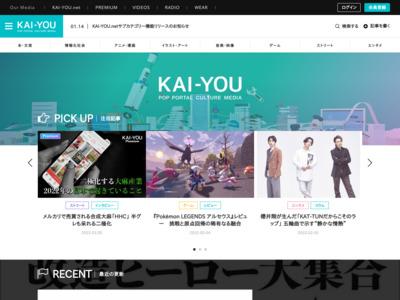
Rakuten Mobile is another company that has made great strides in the number of subscribers. As of the end of 2020, Rakuten Mobile was offering an all-you-can-use flat-rate plan ``Rakuten UN-LIMIT V'' for a monthly fee of 3278 yen, but although it is not unlimited, it has a reasonable large capacity and area at the same price. However, with the advent of ahamo, which is overwhelmingly wide, it was in a crisis at once.
So, in 2021, Rakuten Mobile launched "Rakuten UN-LIMIT VI" as a revival plan, and it became a big topic with a drastic fee policy that allows you to use up to 1 GB of communication for 0 yen per month. I was. This gained popularity, and the number of subscribers increased steadily, with 4.11 million subscribers acquired as of the end of September.
Therefore, Rakuten Mobile seems to be trying to increase sales through multiple means, such as improving synergies with Rakuten Group's services and promoting external sales of the fully virtualized network, which is also the company's selling point.
However, in 2021, the deficit of the entire Rakuten Group will expand due to the upfront investment in Rakuten Mobile, and in addition to the large-scale funding from Japan Post and others, the shortage of semiconductors will directly hit the area development. It is also an honest place that anxiety elements were quite conspicuous.
There are dark clouds in the future of MVNO
On the other hand, it is the MVNOs that have eaten away at the competition among these four companies. In fact, early in 2021, the Telecom Service Association MVNO Committee, an MVNO industry group, submitted a request to the Ministry of Internal Affairs and Communications for emergency measures, saying that it could not compete with ahamo. It showed a strong sense of crisis that mobile majors have advanced into the low-priced area.
Of course, in 2021, the Ministry of Internal Affairs and Communications will provide a mechanism that allows MVNOs to provide inexpensive voice call services without using a dedicated application, a principle prohibition on SIM locks, and the provision of carrier email carrying services. Many positive factors have emerged from the promotion measures, and it is true that companies have introduced services that incorporate them one after another.
However, as the three major companies focused on low-priced services, the number of users who went to MVNOs decreased, and advanced people with high literacy who traditionally chose MVNOs are seeking "0 yen" and Rakuten It is the current situation that it is flowing to mobile etc. It is undeniable that the future of MVNOs as a whole is clouded by a very difficult position due to intensifying low-price competition.
Of course, the three major companies have also significantly deteriorated their performance due to price reductions, so if you think about it, there will be no winner in the price reduction battle in 2021. If I dare to say, the former Suga administration, which realized the reduction of fees, would be the winner, but the former Suga administration was also shaken by the issue of expensive entertainment for officials of the Ministry of Internal Affairs and Communications by Tohokushinsha and NTT, and after that, the response to the new coronavirus and the Tokyo government. As a result of the large drop in support over the holding of the Olympics, he has retired.
Therefore, the series of price reductions has become a scorched earth battle that has only caused exhaustion without benefiting anyone, and it may have only caused anxiety for efforts toward 5G and 6G, which will require even more aggressive investment in the future... That's my honest opinion. In 2022, attention will be paid to whether such concerns can be dispelled under the administration of Fumio Kishida, who was newly appointed as prime minister.

